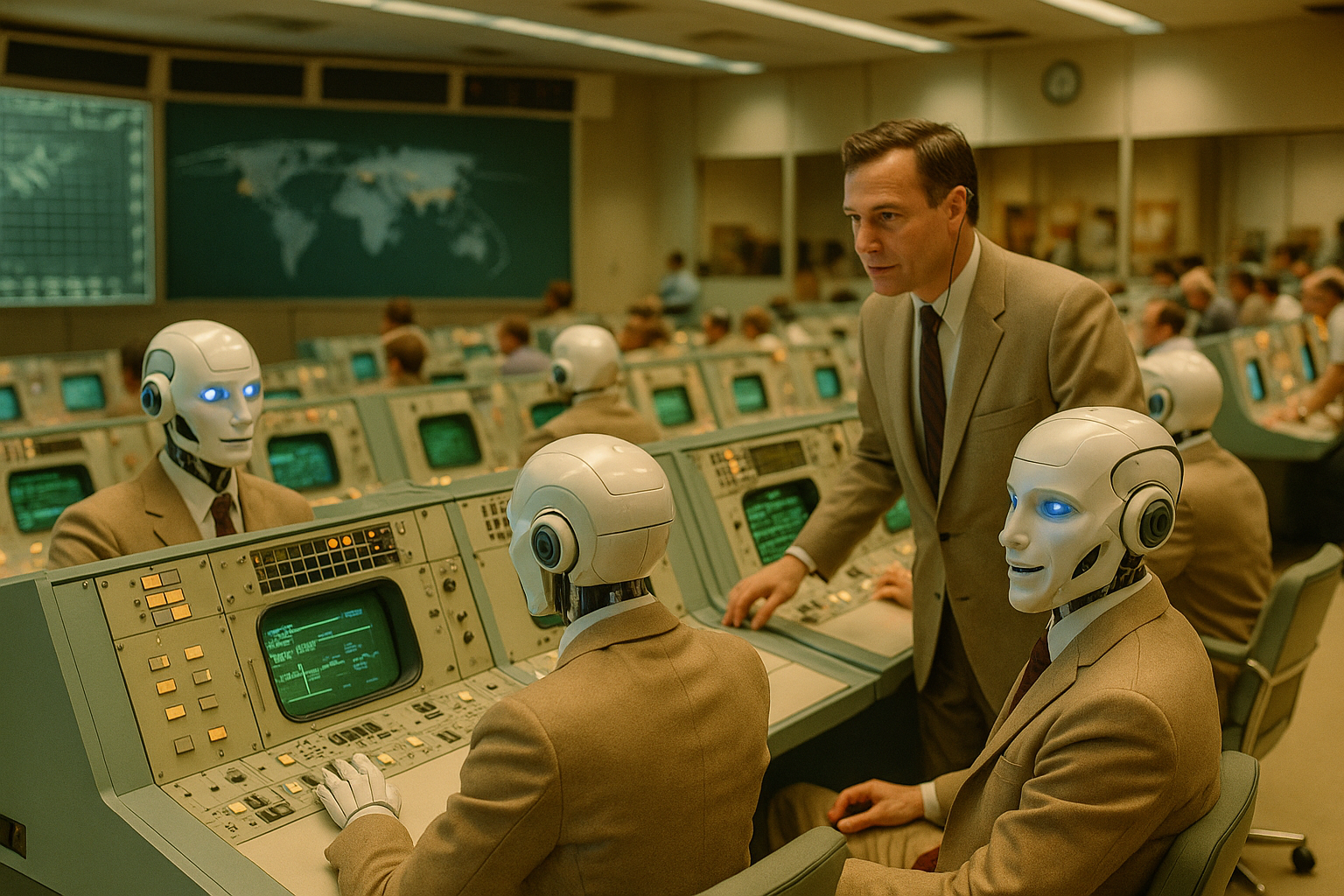In his book The Beginning of Infinity: Explanations that Transform the World, David Deutsch delivers exactly that: a collection of explanations about the human condition that shakes some of the foundations. He does not leave out gloomy views, but his book is nevertheless based on a positive and, above all, clearly optimistic tone.
Knowledge and progress as a guarantee of life
“The Earth’s biosphere is not capable of sustaining human life.” Logically, we are living on the edge of the abyss. Nothing about our humanity is stable and therefore holding on to what is supposedly tried and tested will not get us anywhere. A society that strives for comfort, security, and longevity for its inhabitants will therefore perish. Our only savior can and will be our human knowledge – knowledge that is always new, constantly changing, and subject to critical scrutiny. This is what makes us human, because:
‘problems are unavoidable’, yet ‘problems are solvable’.”
The continuous solving of fundamental challenges and problems is progress – this is precisely the core idea of enlightenment and science. In order to do justice to this constant search for solutions, we need a system for transferring knowledge across generations. Memes are one way in which ideas and thoughts can be replicated over a longer period of time. These can be universal and move between cultures.
These values are being attacked and undermined by left-wing identity politics in particular. This is because identity politics, which is already widespread in Germany today, is about reducing to the needs of a specific group of people. Their needs are to be given more recognition by politicians in order to strengthen the influence and position of the respective group in society.
Democracy as a system for correcting mistakes
Deutsch also includes thoughts on error correction and electoral systems in his explanations, with clear reasons why majority voting systems are superior to representative voting systems. They fulfill Karl Popper’s demand, to remove a bad ruler as well as bad ideas more efficiently, better. After all, it is precisely the strength of democracy to develop and discuss ideas between elections and to weed out the worst ideas via an election process. Democracy is therefore ultimately a system of error correction for systems of rule. Minority protection and the possibility of oversubscription in a world of cancel culture and wokeness do not help us.
So, we advance humanity on both a small and large scale when we focus on promoting and establishing systems that enable diversity, new ideas and plurality. Building on this, a concept is needed to weed out the really bad ideas. This does not necessarily mean that the best ideas have to win, but a compromise solution in favor of fairness is simply not expedient at this point. If you really want to solve problems, the focus cannot and must not be on the broadest possible consideration. So instead of working to find a solution that is fair to everyone, a solution that helps everyone must be developed. This logic applies to politics just as much as it does to successful corporate management.
Infinity of one’s own actions
The supposedly logical conclusion to the precautionary principle, which has been applied for decades in Germany and ultimately throughout the EU, leaves one slightly shocked. According to Deutsch’s logic, the precautionary principle leads to blind pessimism, as everything that is not known to be safe is avoided. He takes this idea even further by outlining how this principle ultimately shapes a rigid society.
Such a rigid society keeps individuals from solving the important problems. This rigidity manifests itself in many forms, one of the most well-known of which, especially in Germany, is bureaucracies. However, despite their rigidity, the bureaucrats working within them are by no means uncreative. This false conclusion can be exposed by the necessity that creativity is a decisive resource for mapping reality onto the rules of bureaucracy, i.e. memes. It is therefore essential what we humans use our creativity for. For solving new, as yet unsolved problems, or for adapting reality to our memes.
Bureaucrats are opponents of Enlightenment
Bureaucrats want a society in which changes take place over such a long period of time that its members are unable to notice these changes. Such cultures are dominated by anti-rational memes, which are ideas that rely on impairing the critical faculties of the recipients to bring about their replication.
It is human creativity that makes the difference to all other forms of life. For creativity helps us to develop memes, to apply them and to transfer them, i.e. to replicate them.
Attempting the ongoing creation of knowledge
In Deutsch’s view, our task is to consistently continue the Enlightenment: “The Enlightenment is the point in time when explanatory knowledge begins to assume its soon-to-be customary position as the most important determinant of physical events. At least it can be: We should remember that what we are attempting here – the ongoing creation of knowledge – has never worked before. In fact, everything we are trying to achieve from now on will never have worked before. So far, we have gone through a bumpy transition from being the victims (and enforcers) of a perpetual status quo to being the largely passive recipients of the benefits of relatively rapid innovation. We must now accept our next transformation and look forward to bringing it about: the transformation into agents of progress in the emerging rational society – and in the universe.”
In doing so, it is important to pay attention to good system design: “So there is no resource management strategy that can prevent disasters, just as there is no political system that delivers only good leadership and good policy, or a scientific method that delivers only true theories. There are, however, ideas that reliably cause disasters. One of these is the infamous idea that the future can be planned scientifically. In all three cases, the only rational policy is to judge institutions, plans and ways of life by how well they are able to correct mistakes: to disempower bad policies as well as bad leaders, to replace bad explanations, and to recover from disasters.”
David Deutsch’s book is undoubtedly an enrichment for our daily thoughts. Admittedly, reading it can be exhausting at times, but the absolute optimism and sheer infectious joie de vivre make it hard to put down.
Further recommended reading on the topics of digital transformation and entrepreneurship can be found here on my blog or directly on Amazon.
David Deutsch
The Beginning of Infinity: Explanations that Transform the World
Publisher: Penguin, 496 pages, 15.00 euros
E-book 9.49 euros



